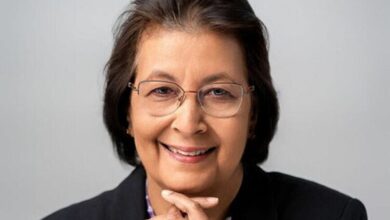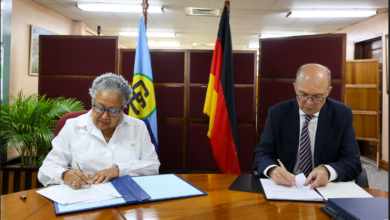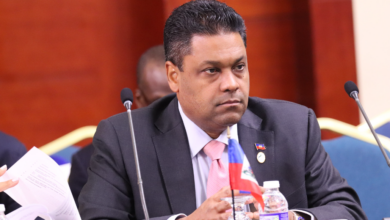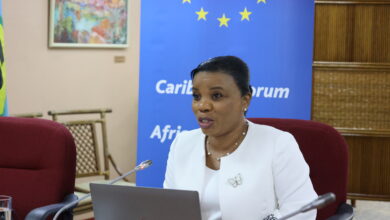(CARICOM Secretariat, Turkeyen, Greater Georgetown, Guyana) The Caribbean Community (CARICOM) Secretariat is honoured to salute the women and girls of the Caribbean Community today on the occasion of International Women’s Day 2008. International Women’s Day (IWD) is an occasion to review and reflect on the quest by women for equality, peace and development. It also affords an opportunity to celebrate women’s contributions to the strengthening of democratic governance, justice, peace, security and quality of life.
This year’s theme, Investing in Women and Girls, reiterates the commitments made since 1995 on financing gender equality and the empowerment of women – a Millennium Development Goal. It has been asserted and it remains no less true that women’s empowerment is fundamental to the achievement of equality, development and peace. To achieve that, it requires identification and mobilisation of resources from all sources and across all sectors. There is a range of factors which have impacted the financing of gender equality and empowerment of women including economic growth patterns that increase inequality between and within countries, persistent socioeconomic inequalities, social exclusion, youth unemployment, and crime and violence.
Violence still remains a major cause for concern for women and girls and boys. It is estimated worldwide that one in five women becomes a victim of rape or attempted rape and one in four women has been beaten or abused or will be during their lifetime.
To achieve traction on issues such as violence against women, the prevalence of HIV and AIDS among young women, poverty and representation in decision-making bodies there is a need for strong actors and even stronger commitments by the stakeholders. The facts are that women as a group generally have a higher incidence of poverty than men and within the CARICOM region, women’s participation in Parliaments continues to be less than optimal, falling short of the target of 30 per cent.
It is essential then that adequate resources are provided to support the implementation of gender sensitive policies and programmes at the regional, national and local level that leads to a realisation of gender equality and empowerment of women.
As part of a theoretical and conceptual thrust towards achieving gender equality there has been a focus on achieving gender mainstreaming but there has been much less focus on women’s empowerment. This has led to reduced resources for women’s focus programmes and organisations.
Generally, strides in gender sensitive approaches have been more likely to be considered in the social sector namely education, and to some extent, health, but less so in the “harder” areas of finance, trade, transport, rural infrastructure and in the emerging areas of focus for the Region such as sustainable development issues. This, in no way, diminishes the progress made in some areas of legislation and policy, labour market participation and increased access to public resources.
Yet, the fundamental question remains – how can gender equality be achieved in an asymmetrical social and economic environment? Restrictive macroeconomic policies can exacerbate social inequalities and thus, increase the level of hardship that women and girls and some men and boys experience. Economic policies have impacted disproportionately on women and girls, especially the poor. Addressing women’s inequality in employment, unequal access to productive assets and increased time burdens due to women’s unpaid work can help accelerate economic growth and pro-poor growth. Gender inequality limits pro-poor growth.
Aggressive attention to gender inequality means a more holistic and interconnected approach to development. In this regard, the implementation of gender sensitive public management reform realized through the public finance systems provides opportunities to integrate a gender perspective into the process of social, economic and political governance and rights based rationales. It provides the connection between economic and social policy outcomes.
Let us, therefore, as a region, resolve to promote gender equality so that sustained economic growth, poverty eradication and sustainable development be realised.
To all, Happy International Women’s Day!





